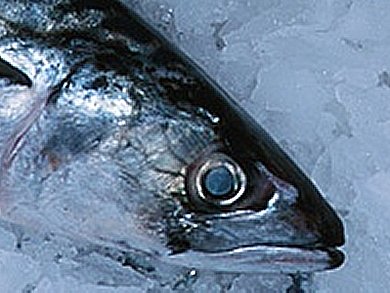The reduced acid rain enhances mercury levels in lake fish, found Ståle Haaland, Bioforsk – Norwegian Institute for Agrucultural and Environmental Research, Norway, and colleagues.
As rain’s acidity drops, the pH of lake waters increases, which they found earlier makes organic material from soil surrounding the lakes more soluble. Natural organic matter in water is a well-known complexer of metals, including Hg. Solubilization of soil humus aggregates can mobilize adsorbed inorganic Hg from earlier long-term pollution. Dissolved organic carbon can react with relatively inert forms of mercury to produce methylmercury. The greatest health threat to human consumers comes from methyl-mercury (MeHg), a potent neurotoxin which is easily incorporated into living tissues.
Sulfate, accumulated in soil and lake sediment for years during the acid rain period, can act as a terminal electron acceptor for microbial Hg methylation in the saturated soil and lake sediments. The decreased acid rain and the subsequent higher Total Organic Carbon (TOC) concentrations in lake waters therefore seem likely to boost in-lake methylation, parallel to enhanced supply of Hg and MeHg from the catchments.
When the researchers examined government data on organic carbon levels in three southern Norwegian lakes where regulators had detected increased mercury levels in fish, they saw a strong correlation between organic carbon levels and the fish mercury levels. As the data are limited, they cannot draw definitive conclusions, but think that their hypothesized mechanism could be at play in other regions in Europe as well as in the U.S.
- Decline of Acid Rain Enhances Mercury Concentrations in Fish,
Dag Hongve, Ståle Haaland, Gunnhild Riise, Inggard Blakar, Stephen Norton,
Environ. Sci. Technol. 2012.
DOI: 10.1021/es3002629
Also of interest:
- Heavy Metal Fish,
Doris Fischer-Henningsen,
ChemViews magazine 2010.
DOI: 10.1002/chemv.201000025
